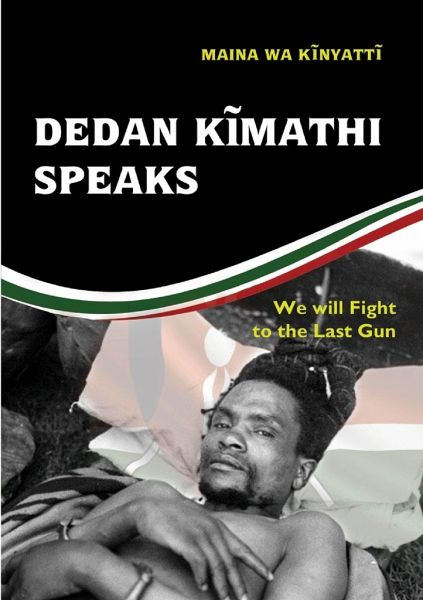
Dedan K¿mathi Speaks
We will Fight to the Last Gun
Versandkostenfrei!
Versandfertig in 1-2 Wochen
36,99 €
inkl. MwSt.

PAYBACK Punkte
18 °P sammeln!
Extensive archives belonging to the Mau Mau were long held by the British and were not made available widely. This book, written by one of the foremost researchers on the Mau Mau, is a result of years of village-level research which also recovered some of the movements most important papers. Translated into English, they clarify the movement’s own perspectives on their struggle and it’s difficulties, the relatively advanced nature of their goals as a national liberation movement, and their radical vision of a liberated Kenyan society. Dedan Kimathi became President of the Mau Mau’s rulin...
Extensive archives belonging to the Mau Mau were long held by the British and were not made available widely. This book, written by one of the foremost researchers on the Mau Mau, is a result of years of village-level research which also recovered some of the movements most important papers. Translated into English, they clarify the movement’s own perspectives on their struggle and it’s difficulties, the relatively advanced nature of their goals as a national liberation movement, and their radical vision of a liberated Kenyan society. Dedan Kimathi became President of the Mau Mau’s ruling body in August 1953, and remained as its overall leader until his capture and execution by the British two years later. During his time as president he ordered the movement to keep documentation for the purposes of providing, as he put it "concrete evidence that we fought and died for this land." This book is an important contribution to Kenyan history and the history of liberation movements around the world.



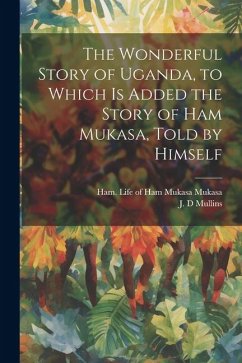
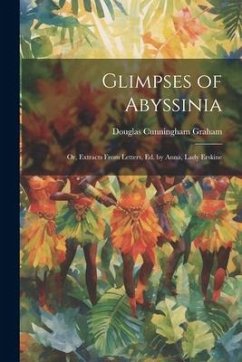
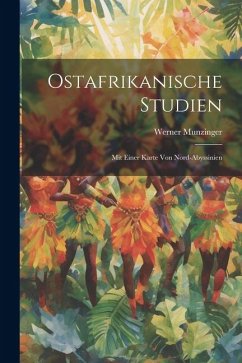
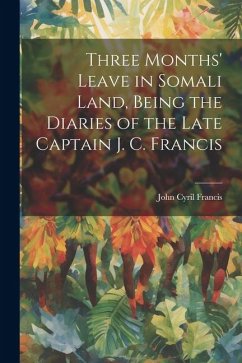
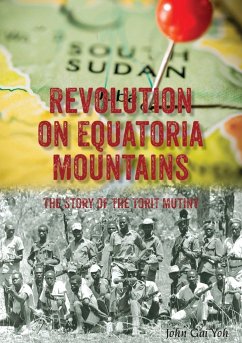
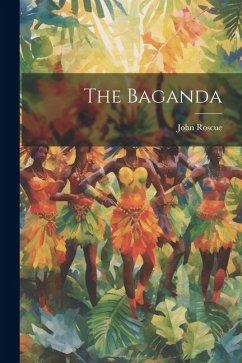
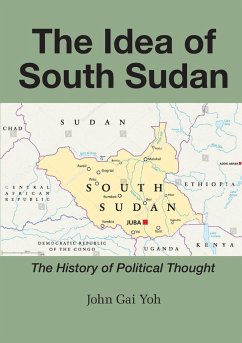
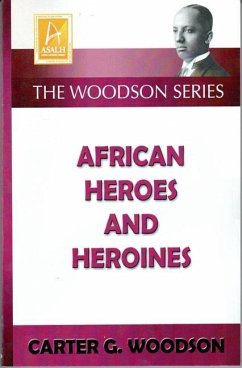
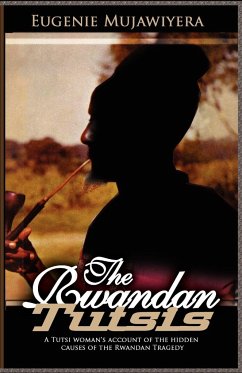
![Nubia and Abyssinia: Comprehending Their Civil History, Antiquies [&c.] Cover Nubia and Abyssinia: Comprehending Their Civil History, Antiquies [&c.]](https://bilder.buecher.de/produkte/71/71694/71694687n.jpg)